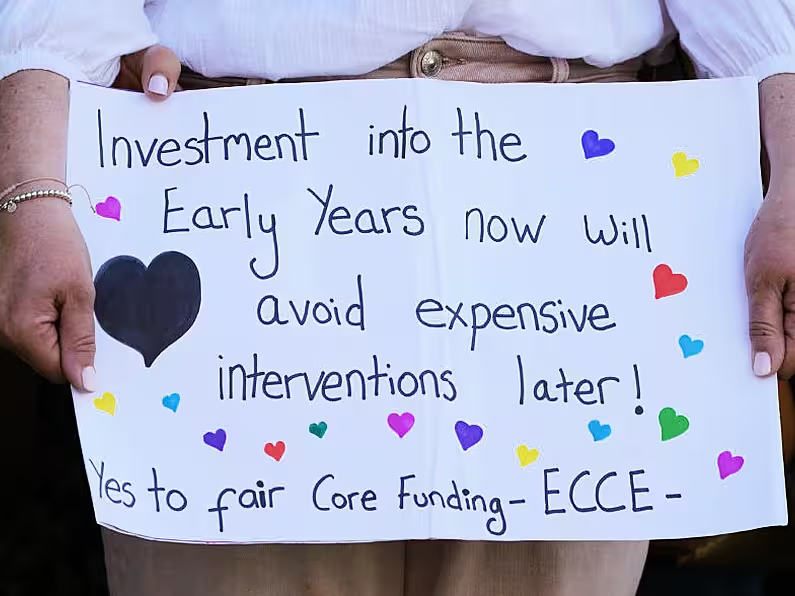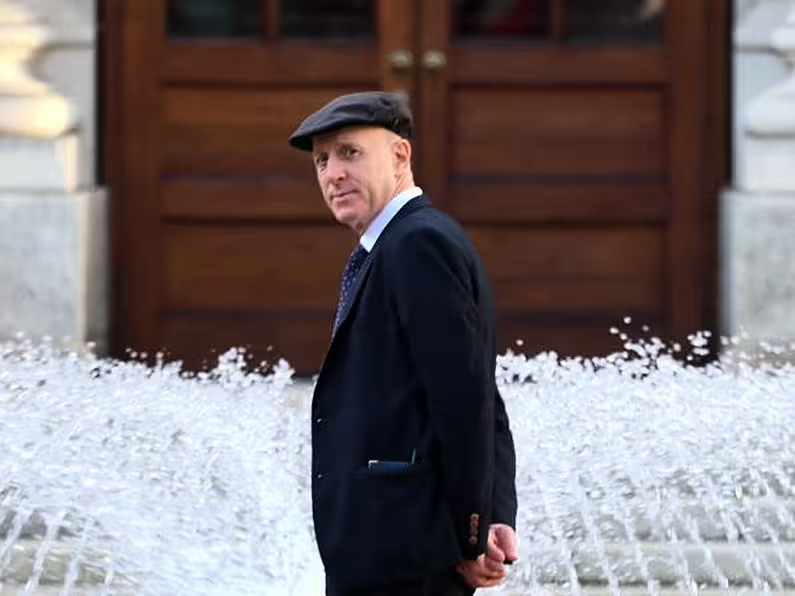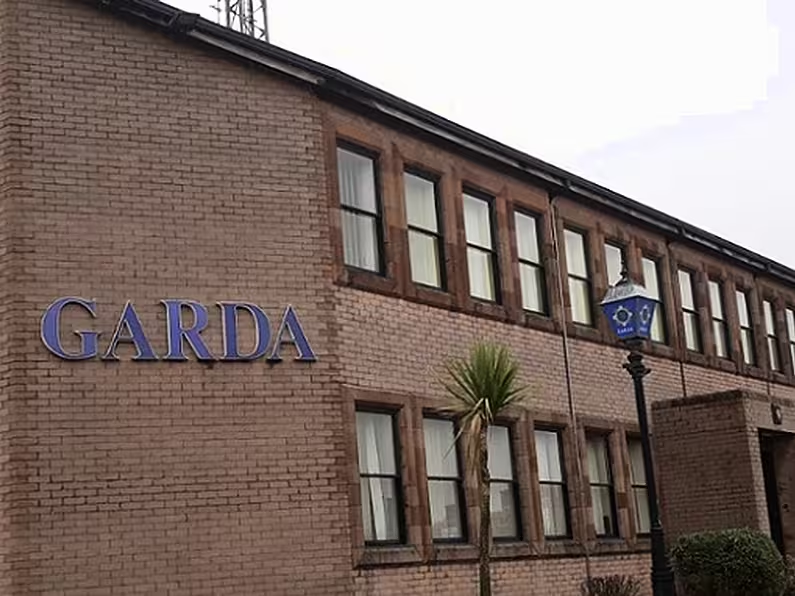Vivienne Clarke
A trade union organiser has warned that childcare services are under pressure because of recruitment and retention problems.
In a survey of over 2,000 child care providers last month, trade union Siptu found that most have vacancies for staff, and almost all of them say that recruitment is negatively affecting the care they offer.
Darragh O'Connor, head of strategic organising and campaigns with Siptu, told RTÉ’s Morning Ireland that the rate of pay was the main problem.
“Recruitment and retention is a big problem for a majority of services. They're struggling to hire staff, they're struggling to keep on the ones that they have. And this having an impact, it means that they're struggling to keep the staff to child ratio, which is a legal mandate and the minimum that they have to do.
“It also means that for those who remain in work their workload is increasing as well. And what the survey is saying is that this increases stress, increases the workload and that compounds that. It's a vicious cycle of recruitment challenges”.
One childcare provider told of how it took five rounds of advertising and interviews over 18 weeks before they were able to fill a post.
There were a number of reasons for the difficulties facing the sector, said Mr O’Connor, “but the main one was the rate of pay – early years educators, managers, they have qualifications, a lot of them have degrees as well. They're very dedicated and have a passion about the work.
“The minimum rate of pay for an early years' educator is €13 an hour, and that's certainly improved over the last couple of years. It's increased significantly.
“But given that there's such a huge cost of living increase that's affecting everybody, it has traditionally been a low paid sector as well that people see they're able to bring their skills, their qualifications and go into other industries so they can move now to becoming teachers or SNAs, which are quite equivalent professions that they can move into”.
While the increase in the minimum level was welcome, “the house is still on fire” said Mr O’Connor. Government investment in the sector was welcome but it was “only a start” and did not address all the difficulties facing the sector.
He said childcare providers were struggling to maintain staff to child ratios and the options facing them included closing rooms or restricting their service.
“It's a concern, but it's a huge juggling and a huge headache for the managers who are running the services”
The turnover of staff in the sector was 20 per cent but this varied depending on the service type, Mr O'Connor said. Stability and an ongoing relationship between staff and children was important to parents, he added.
“When you don't have that stability, when there's another worker out the door every couple of months, that has a negative impact on quality. So it's really important not just from a worker’s point of view, that they have good fulfilling jobs, that they can stay put, but more importantly for the children that they're caring for. They need that stability.
“Good quality early years care can have a huge impact on children's development, and particularly in areas of disadvantage, it can have a transformative effect. So if we're serious about quality, we have to make sure that we people are able to make careers and lives and stay in their profession”.
Mr O’Connor said the sector needs increased investment so that pay for workers can be improved. “We have to make sure that that investment does what it says on the tin. So if there's money going to pay, we have to make sure it gets into the pockets of workers. If there's money invested for affordability, we have to see parents' fees being reduced”.
For all your latest Waterford news and sport, click here.











